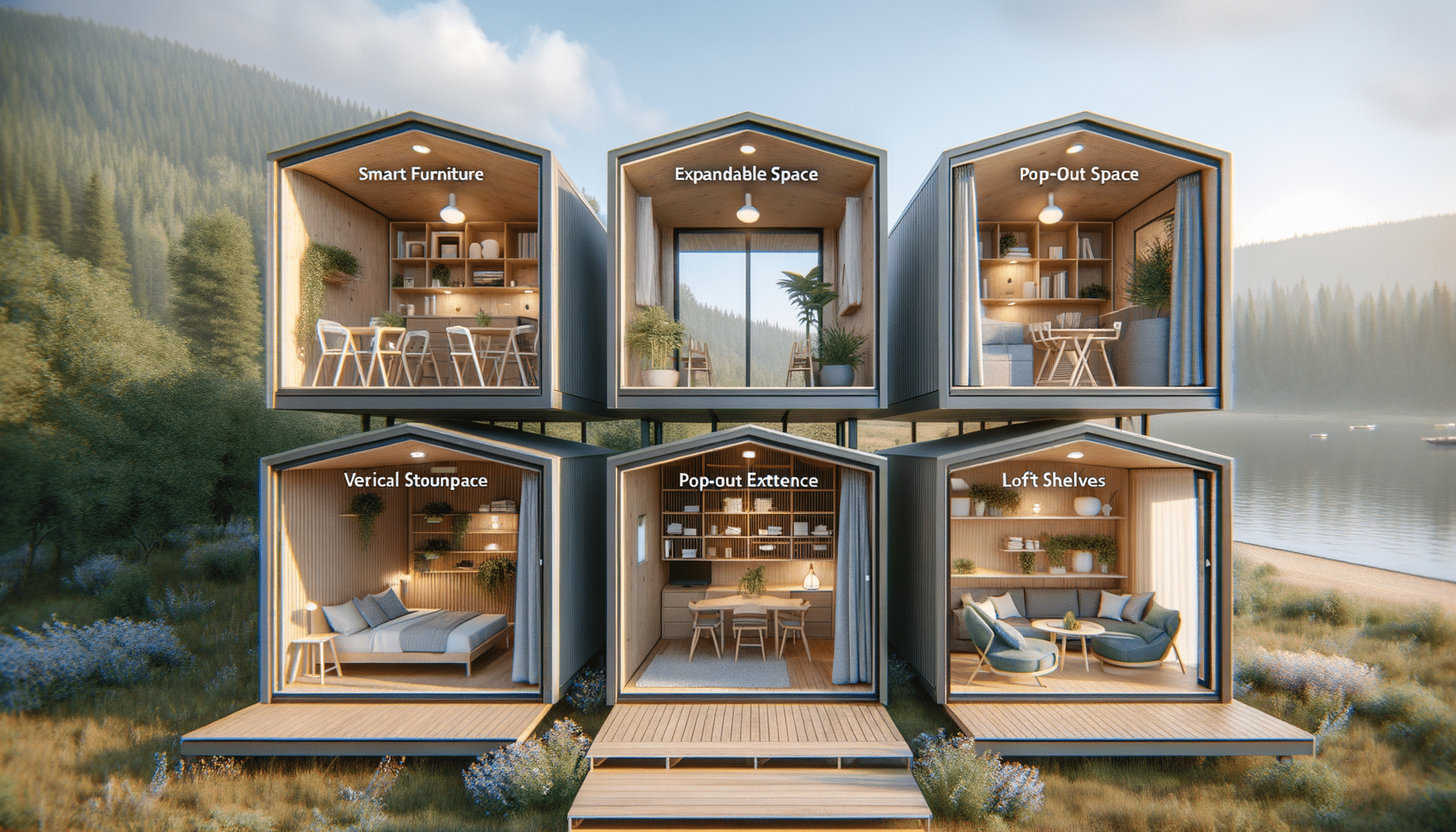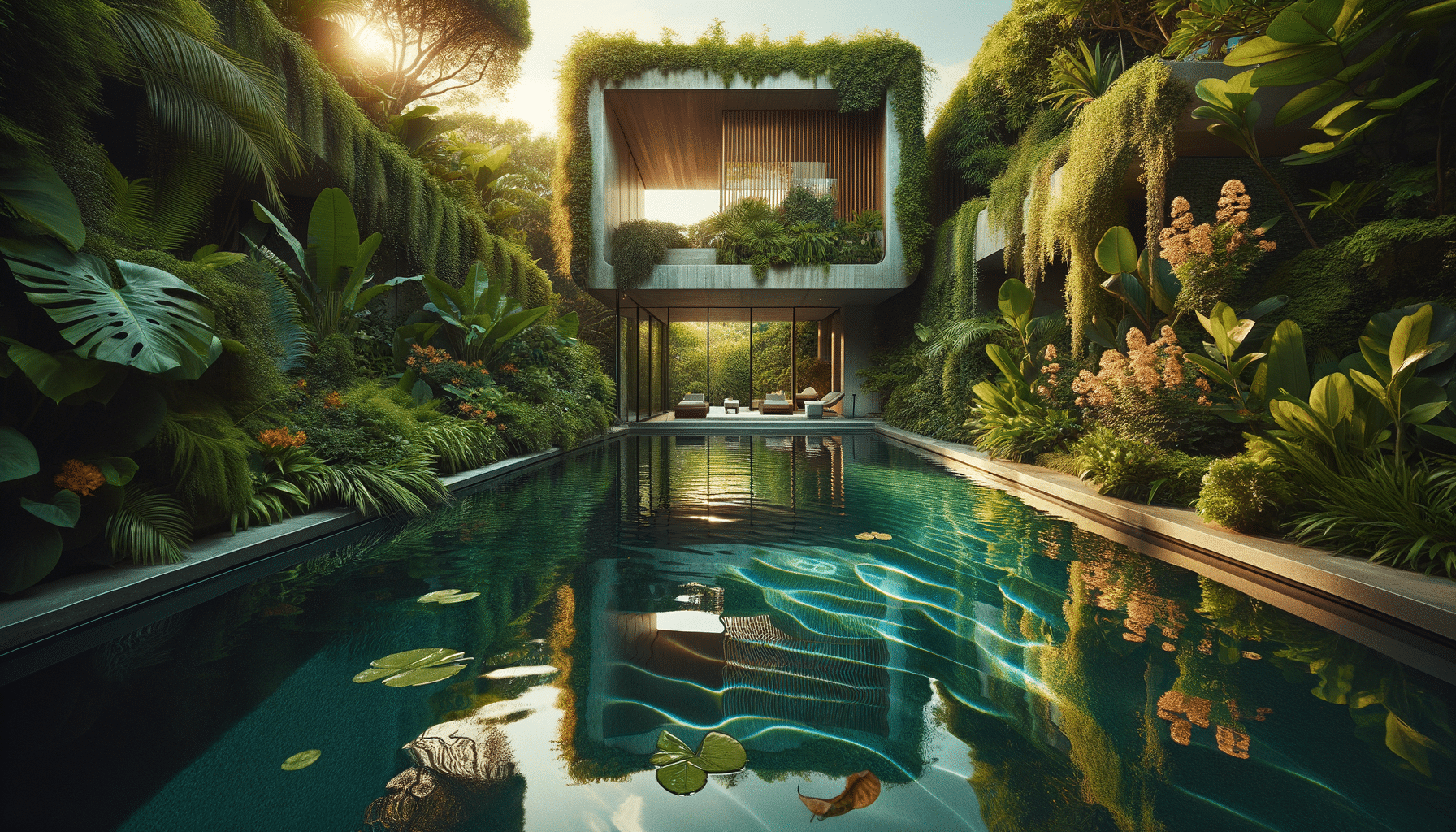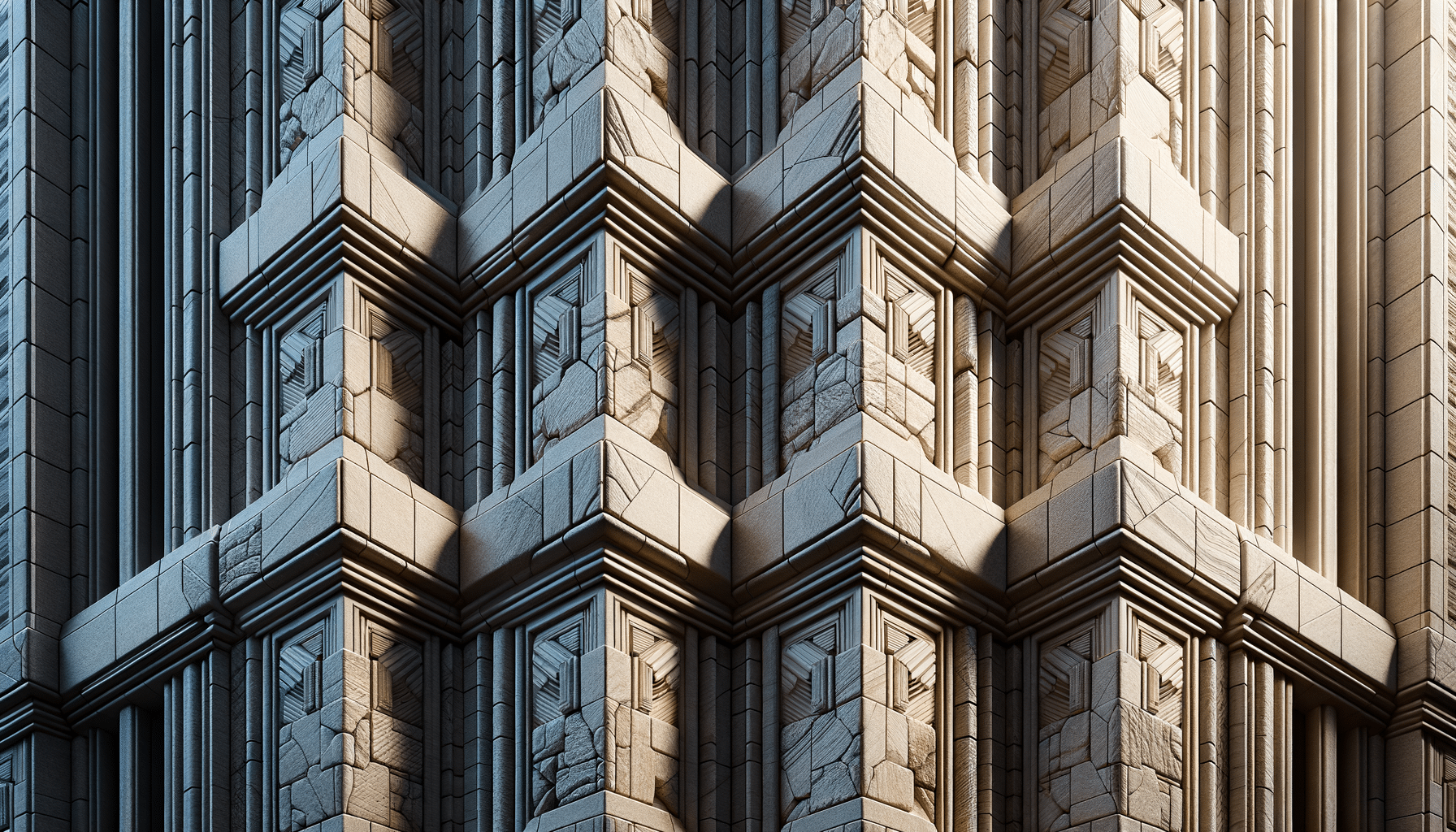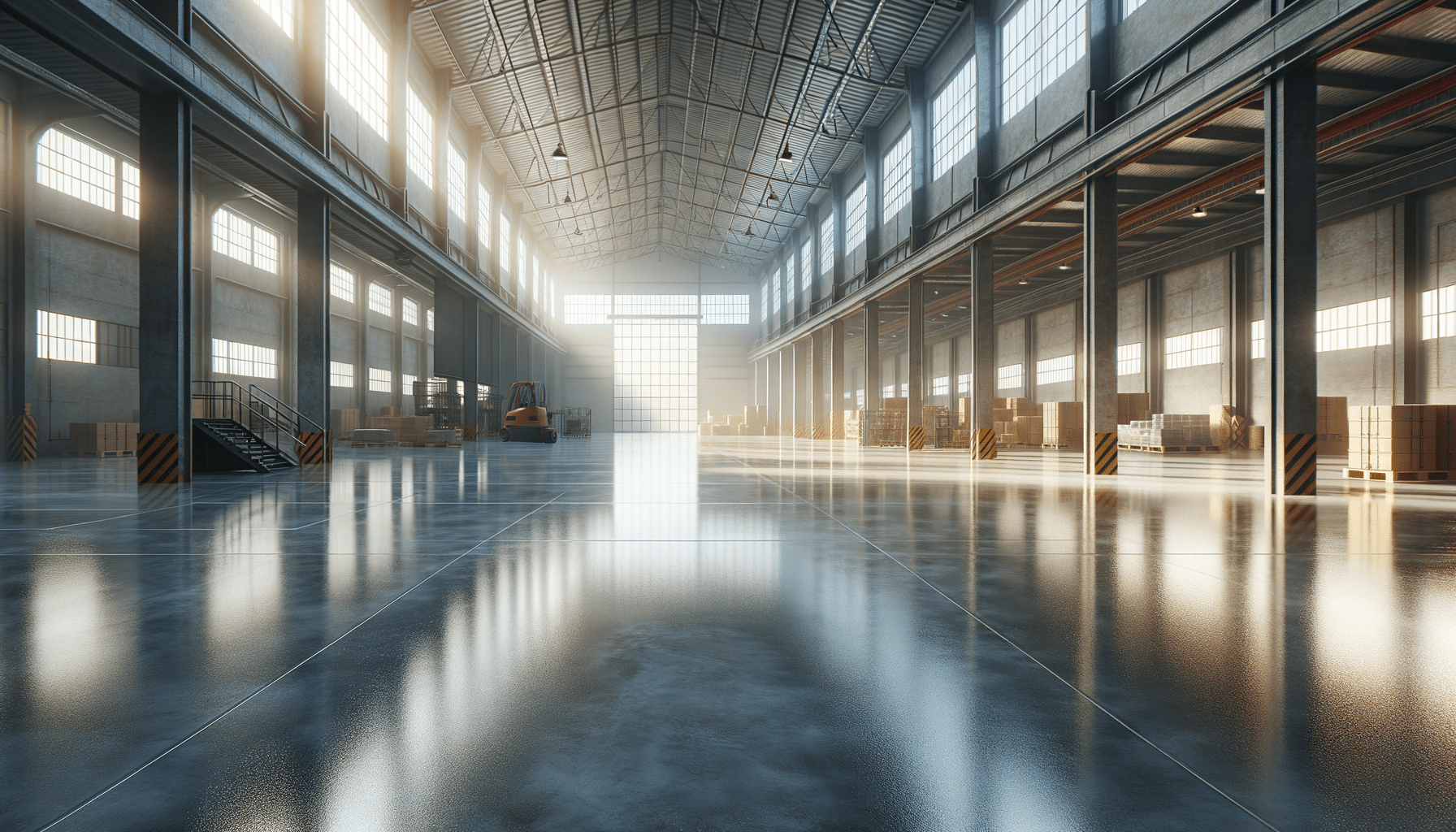
5 Ways Modular Cabins Save Space
Introduction to Modular Cabins
In an era where space is at a premium and sustainability is a growing concern, modular cabins present an innovative solution. These structures are not only efficient in terms of space but also provide a versatile living option that can be adapted to various environments. As housing needs evolve, modular cabins stand out for their ability to deliver comfort and functionality without the extensive footprint of traditional homes.
Modular cabins are prefabricated structures that are assembled on-site, allowing for a streamlined construction process. This method reduces waste and environmental impact, aligning with eco-friendly building practices. Furthermore, the flexibility of design and use makes modular cabins an attractive choice for a wide range of applications, from vacation homes to permanent residences.
Space Efficiency in Design
One of the most compelling features of modular cabins is their space efficiency. These cabins are designed with a focus on maximizing every square foot, ensuring that no space goes to waste. The compact design often includes multi-functional furniture and storage solutions that are seamlessly integrated into the living space.
For instance, modular cabins often feature built-in storage units, foldable furniture, and loft spaces that can be used for sleeping or storage. This thoughtful use of space allows residents to enjoy a comfortable living environment without the need for excessive square footage. Such design elements are particularly beneficial in urban areas where space is limited and costly.
- Built-in shelves and cabinets
- Convertible furniture
- Lofted sleeping areas
These features not only enhance the livability of modular cabins but also contribute to their aesthetic appeal, making them a desirable option for modern living.
Cost-Effectiveness and Sustainability
Modular cabins offer a cost-effective alternative to traditional construction methods. The prefabrication process allows for economies of scale, reducing overall costs and making these cabins an affordable housing option. Additionally, the speed of construction minimizes labor costs and reduces the time required to move into a new home.
From a sustainability perspective, modular cabins are constructed using environmentally friendly materials and practices. The factory setting allows for precise measurements and cuts, resulting in minimal waste. Moreover, the ability to relocate or expand a modular cabin with ease means that the structure can adapt to changing needs without the environmental impact of traditional demolition and reconstruction.
These factors make modular cabins a smart choice for those looking to minimize their ecological footprint while enjoying the benefits of a modern, adaptable living space.
Versatility and Customization
One of the key advantages of modular cabins is their versatility. These structures can be customized to meet the specific needs and preferences of the homeowner. Whether you’re looking for a minimalist retreat or a fully equipped family home, modular cabins can be tailored to suit your lifestyle.
The modular nature of these cabins allows for easy expansion or reconfiguration. Homeowners can add additional modules as their needs change, creating a dynamic living space that grows with them. This flexibility is particularly appealing for those who anticipate future changes in their living requirements, such as growing families or the need for a home office.
Customization options include:
- Choice of materials and finishes
- Floor plan configurations
- Energy-efficient features
With such a wide range of options, modular cabins offer a personalized living experience that can be both practical and aesthetically pleasing.
Conclusion: The Future of Living
As we look to the future of housing, modular cabins represent a forward-thinking approach to living that prioritizes efficiency, sustainability, and adaptability. These structures offer a practical solution to the challenges of modern living, providing a space-saving and eco-friendly alternative to traditional homes.
For individuals and families seeking a home that can evolve with their needs while minimizing environmental impact, modular cabins stand out as a compelling choice. With their innovative design, cost-effectiveness, and customization options, they are poised to play a significant role in the future of residential architecture.
In conclusion, modular cabins not only save space but also offer a versatile and sustainable living option that meets the demands of contemporary life. As more people embrace this innovative housing solution, we can expect to see a shift towards more efficient and environmentally conscious living spaces.


